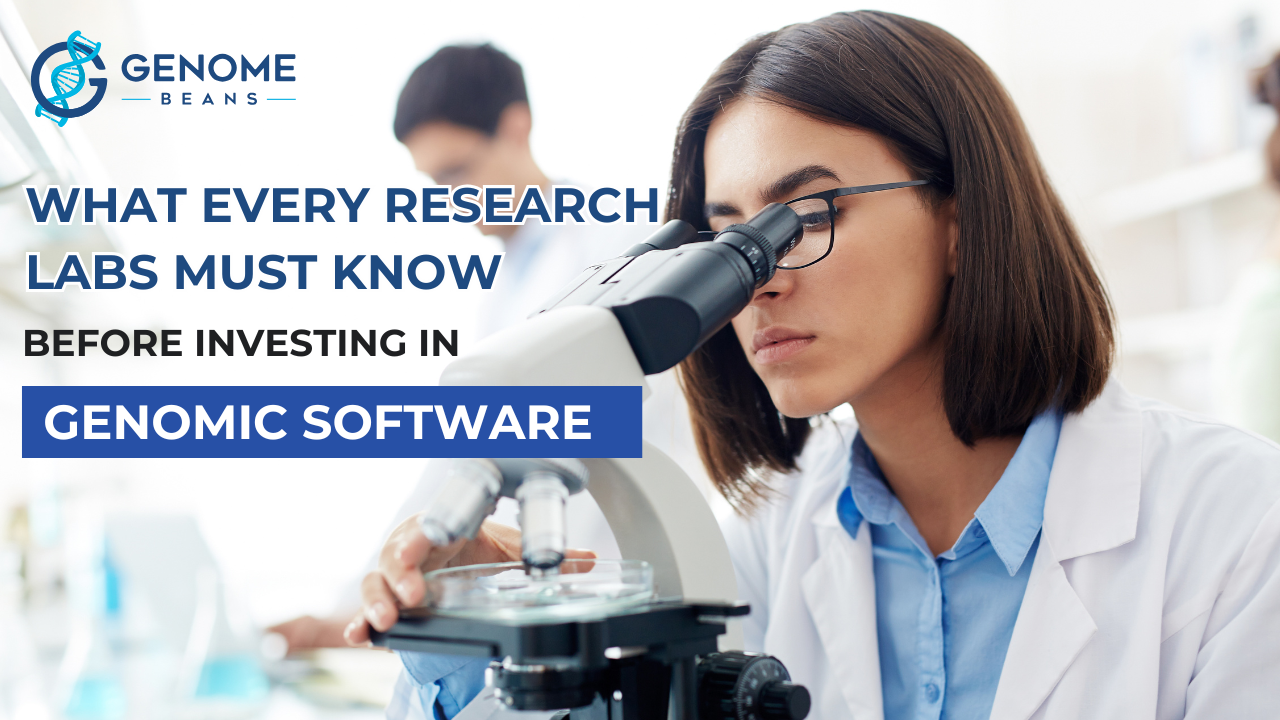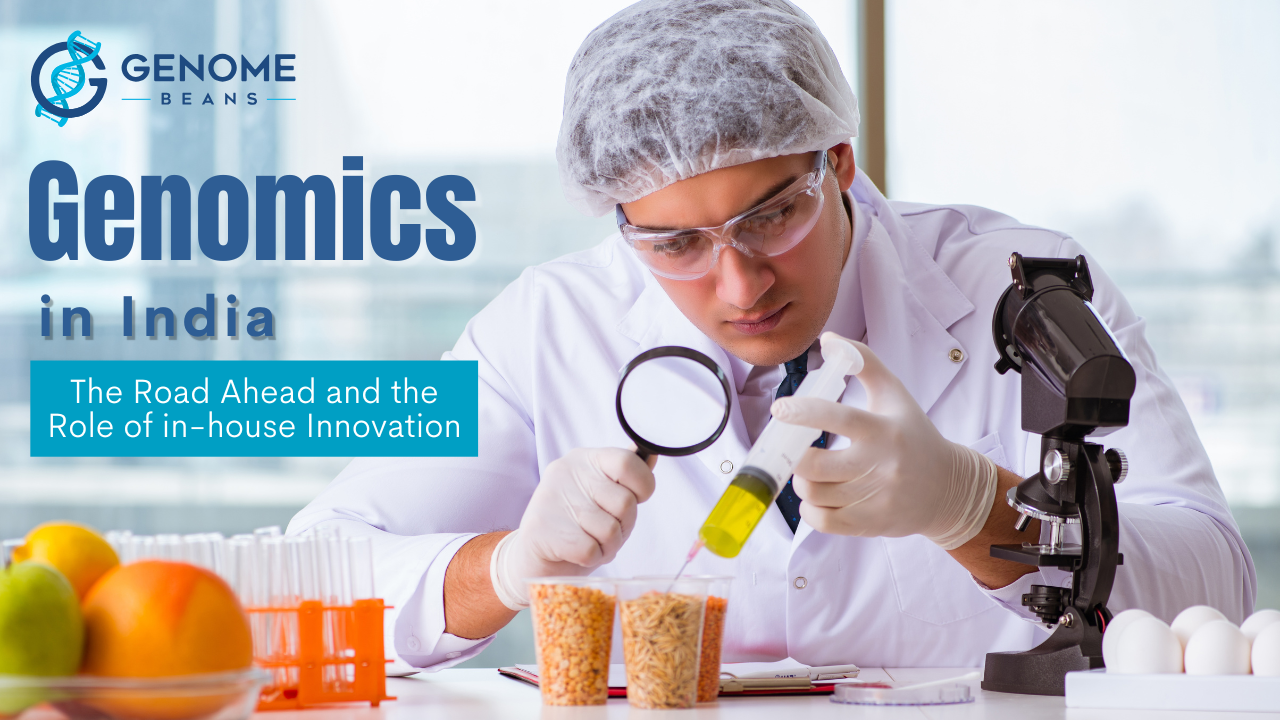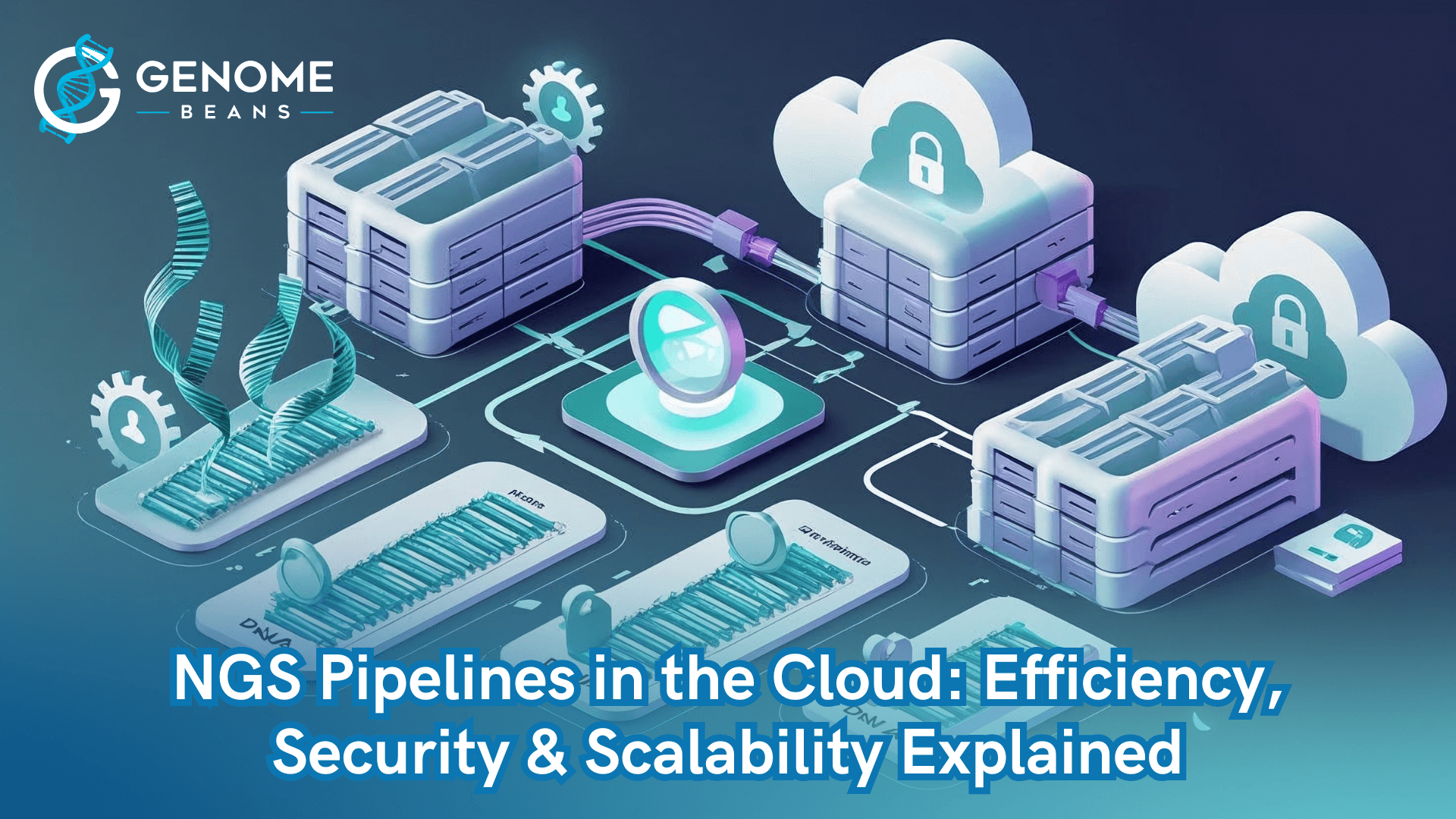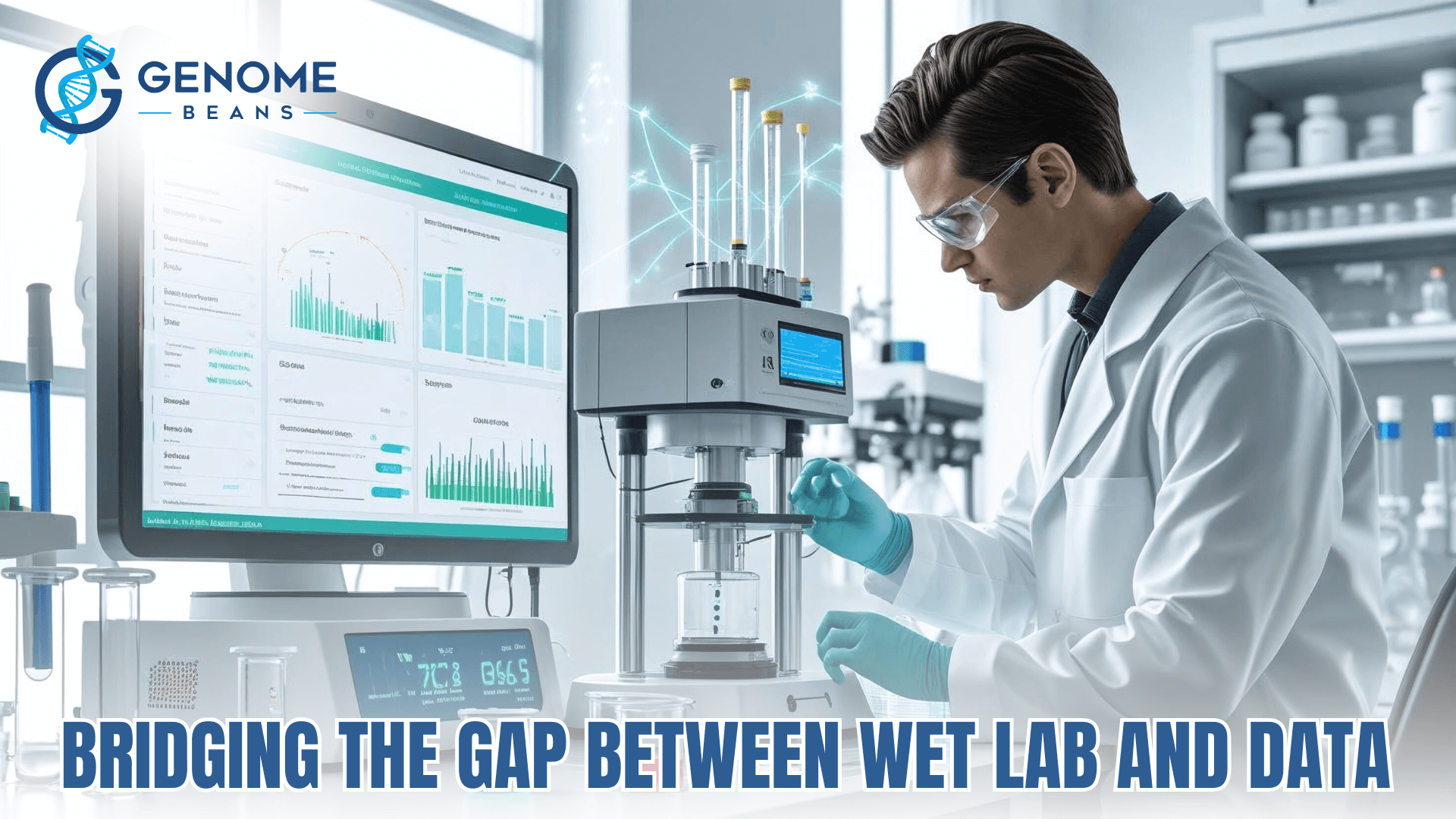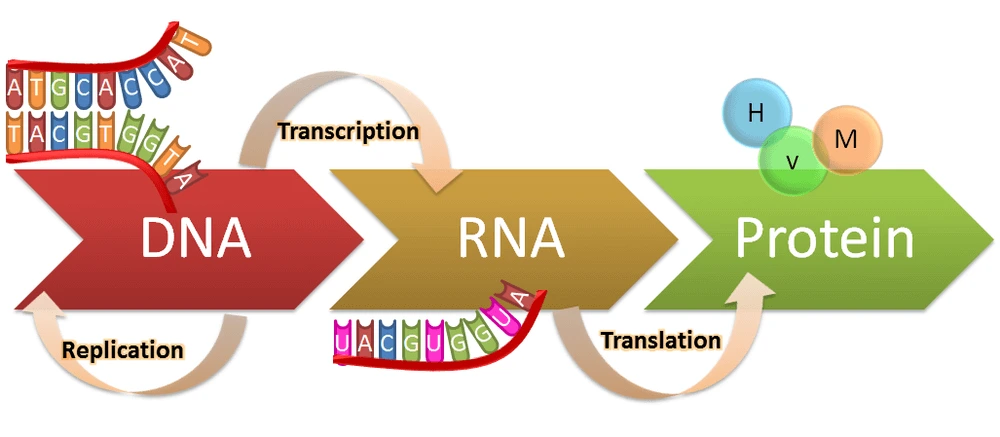The Rise of Bioinformatics-as-a-Service (BaaS): What It Means for Researchers
Key Takeaways:
- BaaS simplifies genomic analysis by offering cloud-based tools, eliminating the need for local hardware or scripting.
- It supports effortless scalability, letting researchers handle large datasets without permanent infrastructure costs.
- Faster results and real-time collaboration make BaaS ideal for clinical and time-sensitive research environments.
- BaaS democratizes access to advanced bioinformatics for small labs, startups, and academic researchers.
- Choosing a BaaS provider requires caution, especially around data security, billing transparency, and support quality.
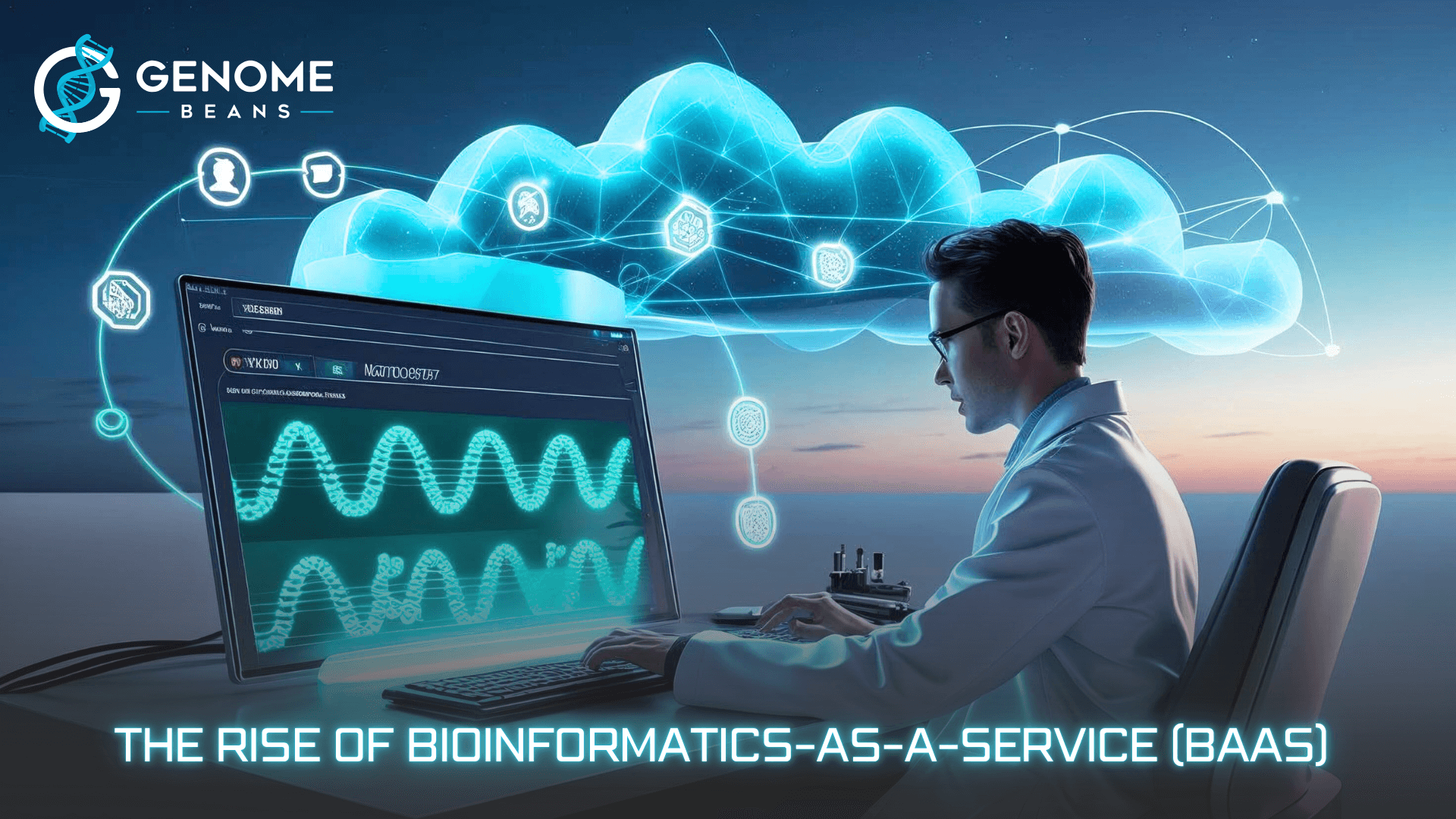
In genomics, analyzing data often takes more time and expertise than sequencing itself. Bioinformatics-as-a-Service (BaaS) is transforming this challenge by offering cloud-based platforms that simplify and accelerate genomic analysis. Researchers no longer need to manage hardware, write complex scripts, or worry about software compatibility—they can focus directly on discovery.
What is BaaS?
BaaS delivers computational tools for genomics via the cloud. Scientists upload data, run pre-configured pipelines, and receive results—without dealing with IT overhead. This is ideal for labs without in-house bioinformatics teams.
Why It Matters:
Modern sequencing generates enormous datasets. Traditional setups often fall short, but BaaS leverages scalable cloud computing, enabling cost-effective, on-demand infrastructure.
Key Benefits:
- No Setup: Everything’s ready to use—no installation required.
- Faster Results: Cloud computing speeds up data analysis.
- Effortless Scaling: Handle thousands of samples with ease.
- Collaboration-Ready: Built-in tools for real-time sharing and teamwork.
- Always Updated: Automatic updates keep tools current.
Where It's Thriving:
BaaS is gaining traction in academia, diagnostics, agrigenomics, and biotech startups due to its flexibility, speed, and lower barrier to entry.
The Future of BaaS:
As cloud adoption grows, BaaS will become the norm—enabling real-time sequencing-to-analysis workflows. Integration with AI will allow platforms to automatically detect insights, patterns, or mutations, saving time and enhancing precision. BaaS is not just streamlining processes—it’s fundamentally reshaping how life sciences research is conducted and shared worldwide.



